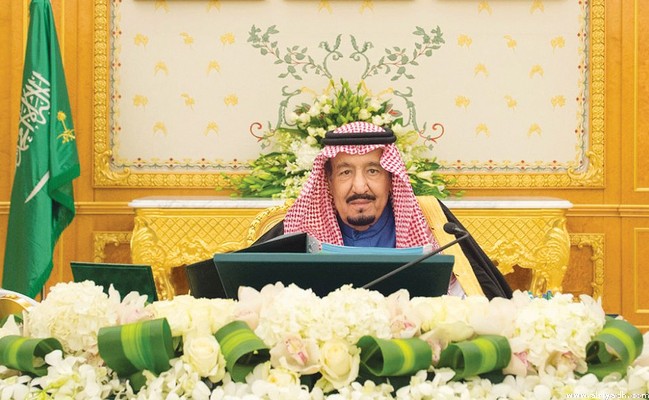
Saudi Cabinet approves VAT measure
The Saudi Cabinet approved on Monday the Unified Agreement for Value Added Tax, which will be implemented throughout the Gulf Cooperation Council (GCC) starting next year.
In a session chaired by King Salman at the Al-Yamamah Palace in Riyadh, the Cabinet gave its nod to the measure after deeming that the Kingdom is ready to implement it, the Saudi Press Agency (SPA) said.
The six-nation GCC is composed of Bahrain, Kuwait, Oman, Qatar, Saudi Arabia and the United Arab Emirates (UAE).
A five-percent levy will apply to certain goods following a GCC agreement last June.
The move is in line with an International Monetary Fund (IMF) recommendation for Gulf states to impose revenue-raising measures including excise and value added taxes to help their adjustment to lower crude oil prices, which have slowed regional growth.
The GCC countries have already agreed to implement selective taxes on tobacco, and soft and energy drinks this year.
Regional residents had long enjoyed a tax-free and heavily subsidized existence.
Saudi Arabia, the world’s biggest oil exporter, froze major building projects, cut cabinet ministers’ salaries and imposed a wage freeze on civil servants to cope with last year’s record deficit of $97 billion.
It also made unprecedented cuts to fuel and utilities subsidies.
The Kingdom is boosting non-oil revenue as part of economic diversification efforts and aims to balance its budget by 2020. (Additional input from AFP)



























